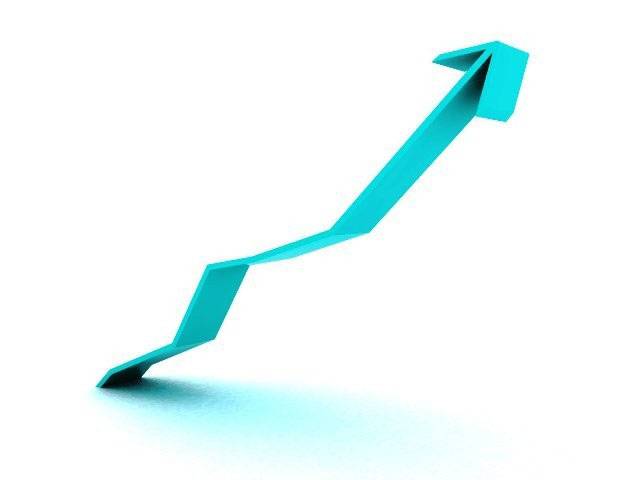ISLAMABAD
Increase in the cost of electricity, withdrawal of lifeline subsidy from the consumers using more electricity and more electricity generation were the root causes of the high bills during July and onwards, said the investigation report compiled by the Advisor to the Prime Minister on Water and Power.
Prime Minister ordered this investigation to probe electricity over billing issue, last month.
This report was submitted to PM in special federal cabinet meeting on Friday.
During our investigations we found that there was over billing. Due to lack of meter readers over billing is general practice, but this time bills were sent on the basis of guess and not estimates, a top official, a member of probe committee, told The Nation.
For example, he said, if 50 percent meters are read in any given month, the remaining 50 percent are sent estimated bills on the basis of their last year’s consumption in the same month.
The official said that during investigation it was found that many consumers were sent excess bills, which were not in any relevance to consumer’s last year consumption figures. “In many cases over billing was based on ill will and to corruption of the staff, he explained.
The second reason for over billing was increase in the cost of electricity.
We are bound to buy electricity from the power plants running on furnace oil as per 1994 and 2002 policy, which guarantee investors that if government will not buy electricity from them they will be paid their profits and the agreements are for 25 years, starting from 1994 and 2002 for different power plants.
These agreements were inked when furnace oil was $50-60 per barrel. With the passage of time when furnace oil cost shoot, cost also increased, he said.
During June and onwards the furnace oil cost shoot to $110-112 per barrel in international market, in order to supply uninterrupted electricity to consumers in Ramadan we bought electricity generated from furnace oil, which augmented power cost, he said.
He also explained that in order to minimise loadshedding inefficient power plants were also operated, this also resulted in increase of cost in energy mix.
We produced 7 percent more electricity in June and onwards as compared to last year and this all power was supplied to domestic consumers, bypassing industry and in this way 10-15 percent more electricity was provided to domestic consumers during Ramadan, which resulted in less load shedding as compare to previous year during the same month.
He also pointed out that the government had increased power tariffs by 33pc per unit, which raised the average bill by 42pc over the past one year.
He said another factor that contributed to the excess bills was change of slab.
He said previously government was providing lifeline subsidy to all consumers across the board, but on the request of Nepra to withdraw subsidy from the consumers who were well off and using more electricity, basic subsidy was withdrawn from consumers using more electricity.
Previously, if some one was using 250 units, his basic 50 units were charged for, say Rs 2, his 100 units were charged Rs.4, another hundred for Rs6, but last year, on request of Nepra, this Rs.2 subsidy was withdrawn from the consumers using more then 50 units, he explained.
Now lifeline subsidy is only applicable to consumers using up to 50 units, if someone uses 51 units, he is automatically charged flat tariff of unit 100 and if someone utilise 101 units the tariff of 200 units is applicable to him, he further elaborated. We have not increased tariff up to 200 units, but just changed the subsidy structure, he said.
“Due to less loadshedding more electricity was consumed, due to costly fuel, the electricity cost shoot up, he quoted the report explaining the reasons of excess bills.
According to the official during the investigations more than 100 interviews were conducted, and data of 15 million domestic consumers was analysed.
He said databases of all Discos had been scrutinised and the billing of all the customers at every Disco from July 2013 to July 2014 was being examined.
He also pointed out that in some cases that power losses and slow recoveries from some of the Disco’s also contributed into increasing consumer bills.
Prime Minister has rejected this report and constituted another committee to probe into the matter and see how consumers could be refunded their money if someone is over billed.
Tuesday, April 16, 2024
High cost, subsidy withdrawal root causes of high bills

Decision to retaliate against Iran attacks rests with Israel, says Pentagon
1:05 PM | April 16, 2024
Global brands facing challenge from local contenders in Pakistan's FMCG market
10:24 AM | April 16, 2024
Israeli Air Force finalizes preparations for possible attack on Iran
8:21 AM | April 16, 2024
Court remands XEN in FIA custody
April 16, 2024
Political Reconciliation
April 16, 2024
Pricing Pressures
April 16, 2024
Western Hypocrisy
April 16, 2024
Policing Reforms
April 15, 2024
Storm Safety
April 15, 2024
Democratic harmony
April 16, 2024
Digital dilemma
April 16, 2024
Classroom crisis
April 16, 2024
Bridging gaps
April 16, 2024
Suicide awareness
April 15, 2024
ePaper - Nawaiwaqt
Advertisement
Nawaiwaqt Group | Copyright © 2024





